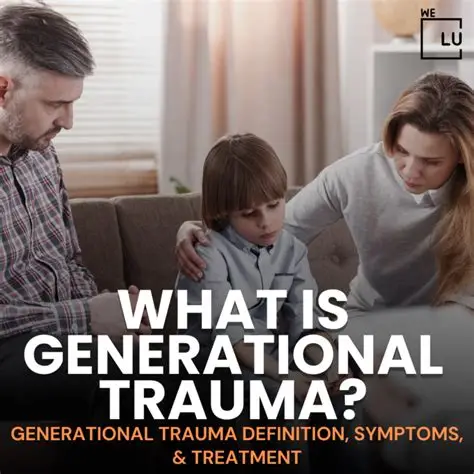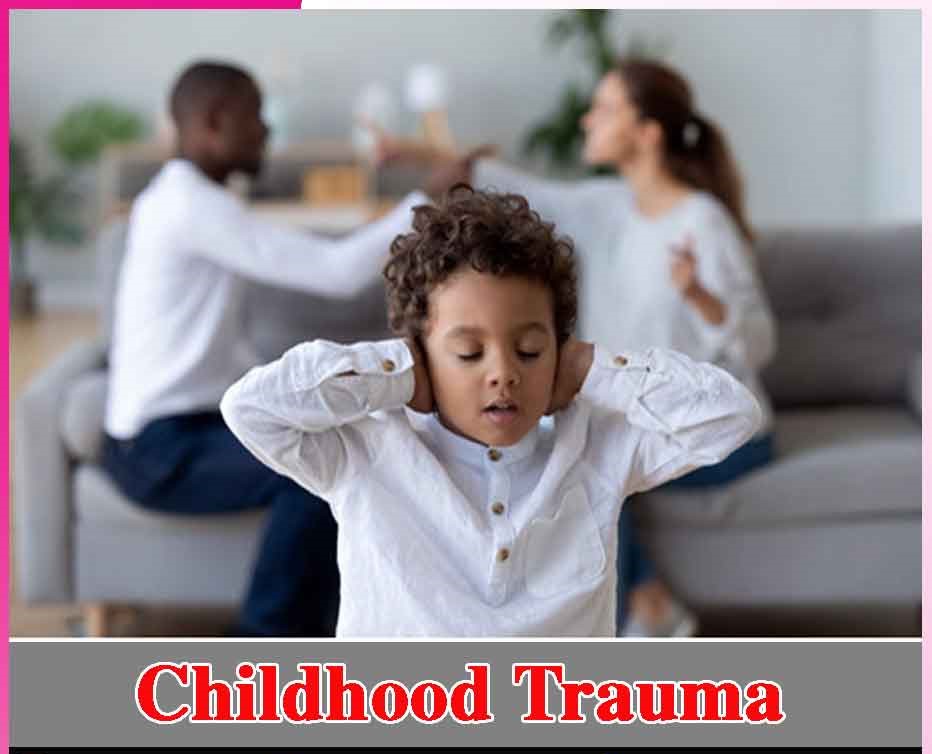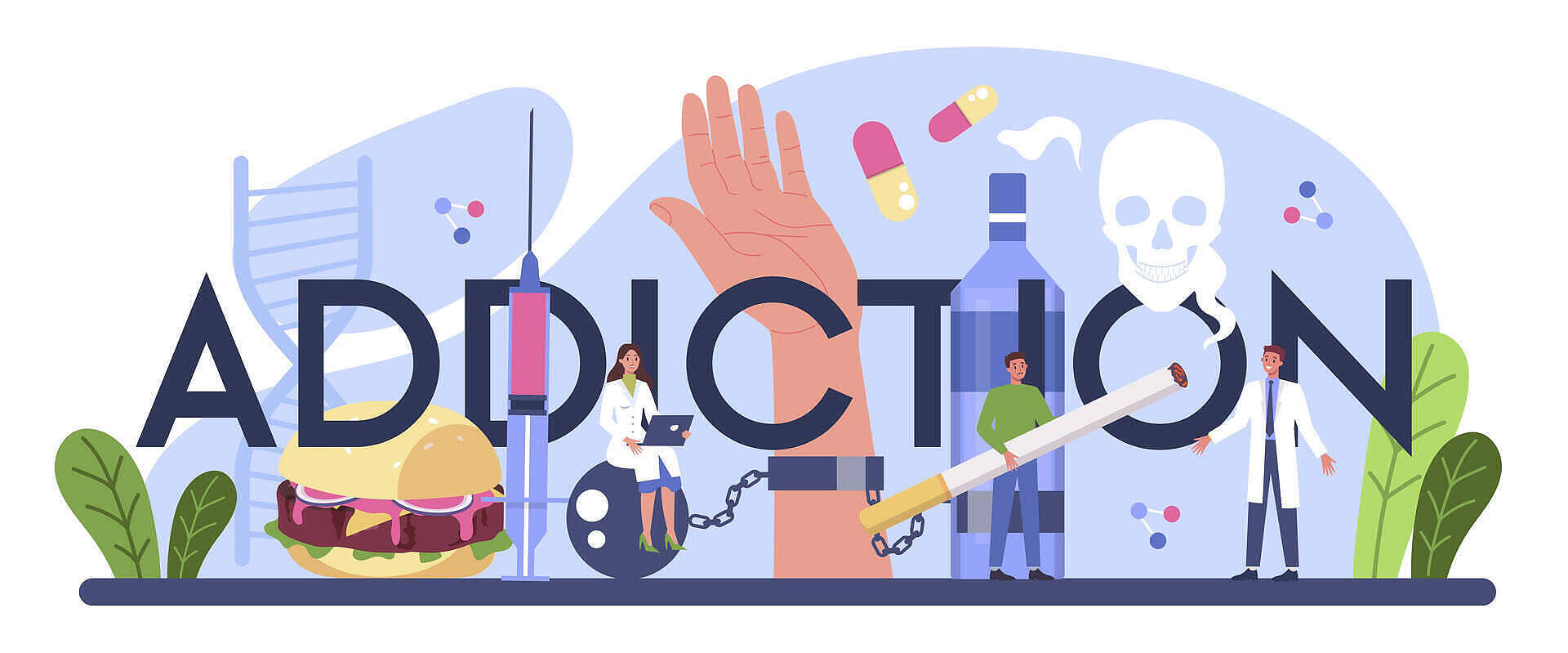The Impact of Generational Trauma
Generational trauma—also called intergenerational or ancestral trauma—refers to emotional pain and coping patterns passed down through families, often without anyone realizing it. It can shape how people communicate, handle conflict, express love, and manage stress. You might see it in recurring family patterns like emotional distance, fear of vulnerability, or cycles of addiction and abuse. … Read more









